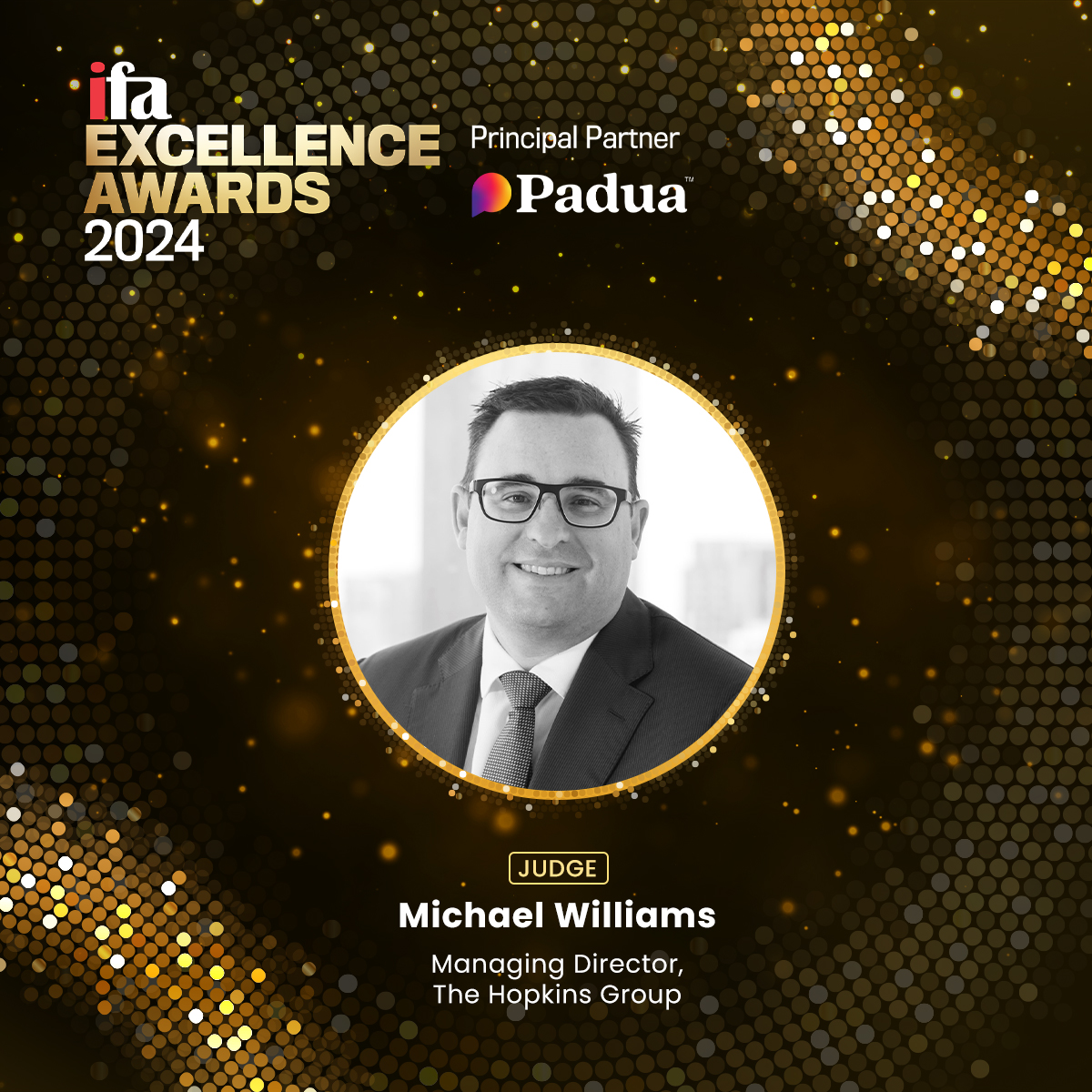Estate planning might seem daunting, but it’s essential to protect your loved ones and ensure your wishes are carried out when you can no longer make decisions. Too often, people delay planning until it’s too late, leaving families to manage the aftermath during an already difficult time. By planning ahead, you make sure your family’s future is secure and your intentions are clear.
Why Estate Planning Matters
If you don’t have a plan in place, your assets may not go to the people you want them to. Without a will, your estate will be divided according to the law, which can cause confusion and stress for your family. Having a clear estate plan ensures your property and healthcare decisions are in good hands and helps prevent potential disputes between loved ones.
The Key Documents You Will Need are:
- A Will – This is the foundation of your estate plan. It outlines who gets what and who will look after your children if they’re minors. It’s also a great way to set out your funeral wishes.
- Power of Attorney (POA) – If something happens and you’re unable to manage your affairs, a POA lets you appoint someone to make financial and legal decisions for you. You can also set up an Enduring Power of Attorney to keep this in place if you lose the ability to make decisions.
- Enduring Guardian or Living Will – An Enduring Guardian makes personal and healthcare decisions for you if you’re not able to. A Living Will outlines your preferences for medical care, especially if you can’t speak for yourself.
- Trusts – A trust lets you pass assets to others in a way that can help reduce taxes and avoid long, drawn-out probate processes. It’s an effective way to protect your estate and ensure your loved ones receive what you intend.
How Can a Financial Advisor Help You Plan Ahead?
- Establish an Optimised Estate Plan– From establishing a trust to strategic allocation of your assets, a financial advisor can help you navigate the complex legal and legislative requirement needed to establish the optimise structure for your estate planning.
- Avoid Family Drama – Estate disputes are all too common, but clear instructions in a well-thought-out plan can save your family from unnecessary conflict.
- Save Your Loved Ones from Stress – Without a plan, your family may face tough decisions at a time when they’re least prepared. Having everything sorted out gives them peace of mind.
- Reduce Taxes – Planning your estate carefully can help minimise tax burdens for your beneficiaries, ensuring more of your assets go to them rather than the government.
Take Control of Your Future
Estate planning doesn’t have to be overwhelming—it’s simply about making sure your loved ones are taken care of when you’re no longer able to do so. If you’re ready to start, book a free, no-obligation 15-minute chat The Hopkins Group – Financial Planning with one of our advisors to get the ball rolling.












